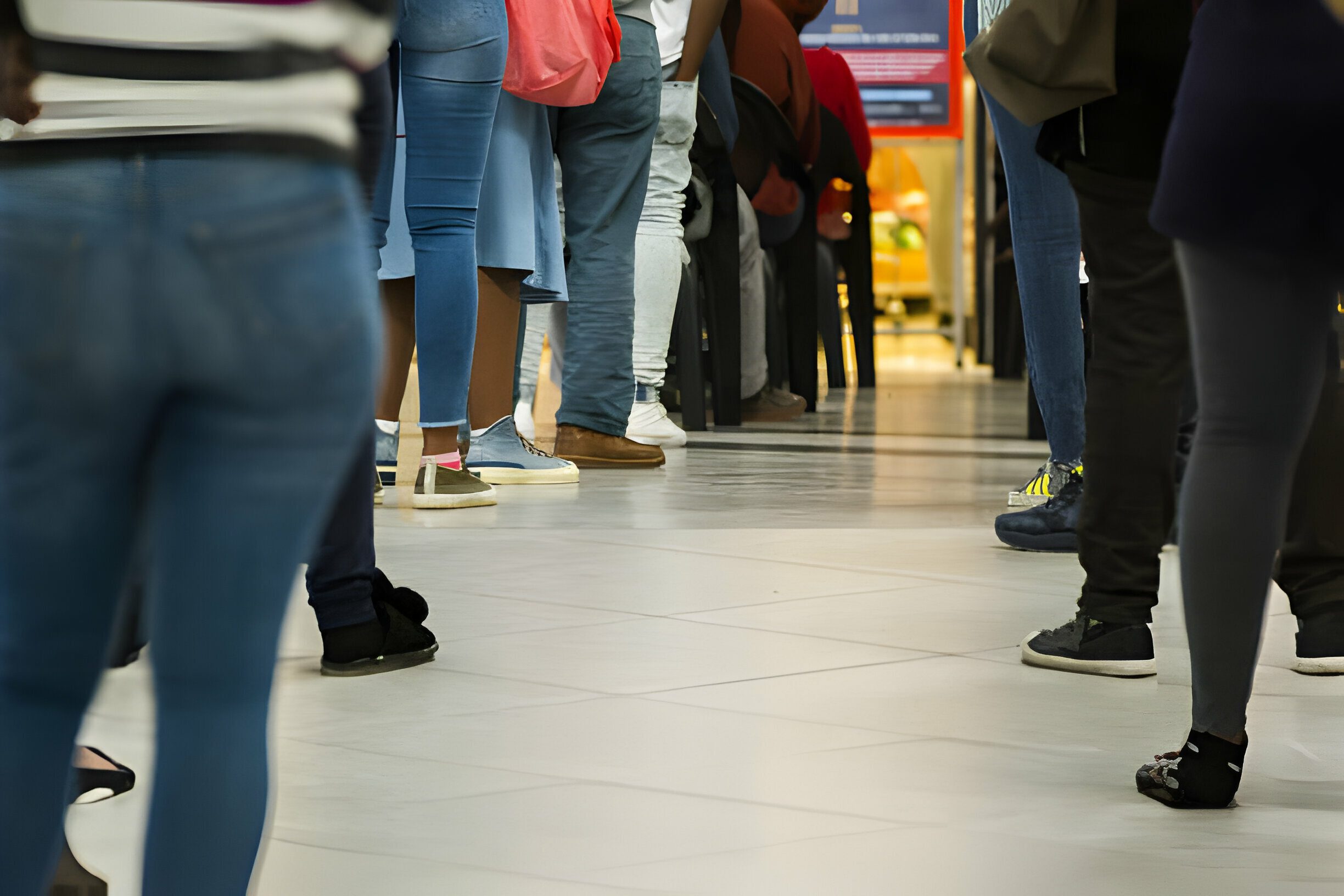Finance Minister Enoch Godongwana revealed that the Social Relief of Distress (SRD) grant, often known as the R350 grant, is set to rise to R370 starting April this year.
Originally introduced in 2020 as a temporary aid during the Covid-19 pandemic, the R350 grant is experiencing its first increment—a R20 rise.
President Cyril Ramaphosa had earlier committed to enhancing the SRD grant in his State of the Nation Address this year, labeling the grant as not just help but an “investment” towards the nation’s future.
“We have seen the benefits of this grant and will extend it and improve it as the next step towards income support for the unemployed. These grants and subsidies do much more than give people what they need to live. They are an investment in the future,” Ramaphosa expressed.
In a related development, Social Development Minister Lindiwe Zulu mentioned the ongoing work towards establishing a basic income grant.
During his speech in the National Assembly, Minister Godongwana shared,
“I am pleased to say that we have found consensus to increase the R350 to R370 by the 1st of April this year, as part of the progressive realisation of the basic rights of our people.”
This decision aligns with the minister’s earlier declaration in the Budget Speech of February, where he highlighted upcoming increases across a range of social grants for 2024.
The SRD grant isn’t the only beneficiary of this financial uplift. Other planned enhancements for the year involve:
A rise of R100 for old age, war veterans, disability, and care dependency grants, with an immediate R90 increase in April followed by an extra R10 in October.
- A R50 hike for the foster care grant.
- A R20 augmentation for the child support grant.
These adjustments are expected to positively impact over 19 million grant recipients across the country.
| Grant Type | Increase Amount | Implementation Dates |
|---|---|---|
| Old Age, War Veterans, Disability, and Care Dependency Grants | R100 (R90 in April and R10 in October) | April and October 2024 |
| Foster Care Grant | R50 | April 2024 |
| Child Support Grant | R20 | April 2024 |
These adjustments in social grants represent a minor step by the government to bolster the support system for millions of beneficiaries across South Africa, following through on the commitment to enhance the social relief mechanisms in light of ongoing economic challenges.
What is a Social Relief of Distress (SRD) Grant and How to Apply for it?
You see whether your SASSA has been approve, you can easily check it at SASSA Status Check.

















